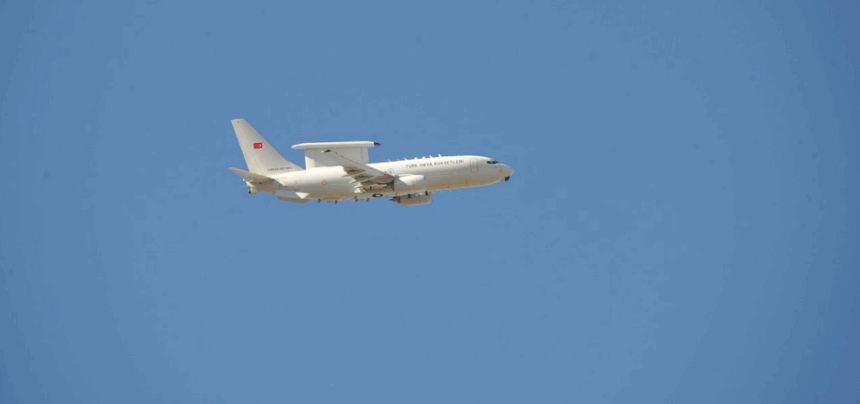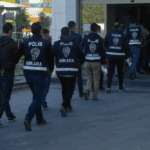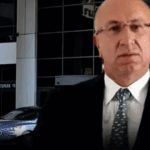Turkey has quietly sent an airborne early-warning and control aircraft to Lithuania this week, bolstering NATO’s air picture over the Baltic Sea just hours before President Recep Tayyip Erdoğan’s meeting with U.S. President Donald Trump in Washington. In a brief weekly note, Ankara’s Defense Ministry said its Airborne Warning and Control System jet would fly missions in Lithuanian airspace from Sept. 22 to 25, offering no further details. Bloomberg first reported the rotation on Wednesday; it was later confirmed that the dates and the deployment are part of NATO’s “assurance measures.”
The platform Turkey operates—the E-7T Peace Eagle, derived from the Boeing 737—provides 360-degree radar coverage and command-and-control, with particular usefulness against low-flying drones and aircraft that can evade ground radar. By streaming a wide-area air picture into allied command networks, a single sortie can tighten the net over a region that has seen a spike in incursions. Boeing describes the E-7 as an integrated node that can “scan the skies” and link air, surface and ground assets; defense trade publications have highlighted its value for counter-drone surveillance.
The rotation lands amid a tense September in northern Europe. NATO this week condemned what it called an “escalatory” violation of Estonian airspace, while Poland says more than 20 Russian drones crossed its border on the night of Sept. 9–10 and has vowed to shoot down future “clear-cut” violations. Denmark has grappled with “systematic” drone overflights, including at airports and near F-16/F-35 facilities; Copenhagen and its allies describe the activity as state-linked hybrid pressure. Together the incidents have prompted Article 4 consultations by Estonia and Poland and a push for tougher EU-NATO counter-drone defenses.
Against that backdrop, Erdoğan’s Sept. 25 White House visit carried a clear subtext: can the allies reset defense ties frozen over Turkey’s S-400 purchase from Russia? In public remarks, Trump dangled swift relief, saying U.S. sanctions on Turkey’s defense sector could be lifted “almost immediately” if the meeting went well, and signaled readiness to talk “very seriously” about the F-35 dispute. Additionally, Trump urged Ankara to reduce its purchases of Russian oil, which could play a role in any broader agreement between the two nations.
Politically, the Lithuanian AWACS cameo lets Ankara underline its value to NATO at the very moment it asks Washington for movement on sanctions and fighter programs. Operationally, it shores up a region preoccupied with cheap, expendable drones that are expensive to counter with fighters—one reason capitals from Riga to Copenhagen are pushing a “drone-wall” concept and quick-reaction authorities to neutralize intruders.



